After Botox Is Retinol Safe?
Embarking on a journey to achieve and maintain a visage that radiates youth and vitality often leads many to embrace treatments like Botox and retinol. Botox, known for its ability to smooth out expression lines by relaxing facial muscles, and retinol, a vitamin A derivative celebrated for its skin renewal benefits, are both heralded for their anti-aging prowess. However, integrating retinol into your regimen after undergoing Botox injections brings forth inquiries regarding safety and best practices. This detailed exploration offers enlightenment on safely incorporating retinol post-Botox, ensuring that enthusiasts can confidently benefit from this synergistic approach to skin care.
Deciphering Botox and Its Mechanism

Botox, a treatment derived from botulinum toxin, offers a temporary reprieve from dynamic wrinkles—those lines that become etched in our skin from years of laughter, frowning, or squinting. By inhibiting the nerve signals that command facial muscles to contract, Botox allows for a smoother, more relaxed facial appearance. The outcome of this treatment is not permanent, with results typically lasting between three to six months, varying from one individual to another.
Retinol's Contribution to Skin Vitality
Retinol stands as a cornerstone in contemporary skin care, championed for its efficacy in promoting skin turnover, bolstering collagen production, and diminishing the signs of aging. Its versatility extends to addressing acne, uneven skin texture, and pigmentation issues. Yet, retinol's potency may initially lead to sensitivity, a factor to consider when introducing it into any skin care regimen.
Ensuring Safety with Retinol After Botox

Key Safety Insights
When it comes to blending Botox and retinol treatments, the spotlight falls on potential skin sensitivity and irritation. Post-Botox, the skin might be momentarily more susceptible, and introducing retinol too swiftly could amplify this sensitivity.
Strategies for Harmonious Integration
Adhering to the following advice can pave the way for a safe and effective combination of Botox and retinol in your skin care routine:
-
Intermission: Grant your skin a brief hiatus from retinol following Botox injections. It's generally recommended to resume retinol application after a 24 to 48-hour window, allowing the skin sufficient time to recuperate. This interval can vary based on individual sensitivity levels and professional guidance.
-
Gradual Introduction: If retinol is new to your skin care equation, initiate its use with a milder concentration, progressively increasing as your skin acclimates. This tactic helps minimize irritation while accommodating your skin's adjustment period.
-
Professional Consultation: Engaging with a dermatologist or a qualified skin care expert is crucial when combining Botox and retinol. They can tailor advice and recommendations to align with your specific skin type, concerns, and the nuances of your Botox treatment.
Frequently Asked Questions on Retinol and Botox
Q: After Botox Is Retinol Safe?
A: Yes, but you should wait at least 24 to 48 hours before applying retinol to the treated areas. Botox works by relaxing the muscles, and introducing retinol too soon can cause irritation or interfere with the settling process of the Botox. It’s important to give your skin some time to recover and adjust after the injections.
Q: Will retinol impact Botox's effectiveness?
A: No current evidence indicates that retinol diminishes Botox's effectiveness. While they function through different mechanisms, retinol can complement Botox by enhancing skin texture and overall tone.
Q: Should I halt retinol use before a Botox session?
A: Pausing retinol several days prior to your Botox treatment is prudent to lessen any potential for skin sensitivity or irritation. Consult with your dermatologist for tailored advice.
Q: Can I use retinol with sensitive skin and still get Botox?
A: Absolutely, but proceed with caution. Seek out retinol products specifically formulated for sensitive skin, and adhere to your dermatologist's guidance regarding pre- and post-Botox care.
In essence, integrating retinol into your skin care routine after receiving Botox is not only safe but can significantly amplify the anti-aging benefits, delivering a smoother, more youthful complexion. It's essential, however, to navigate this combination with care, prioritizing your skin's well-being by adhering to professional recommendations and adjusting your regimen as needed to accommodate both treatments effectively.


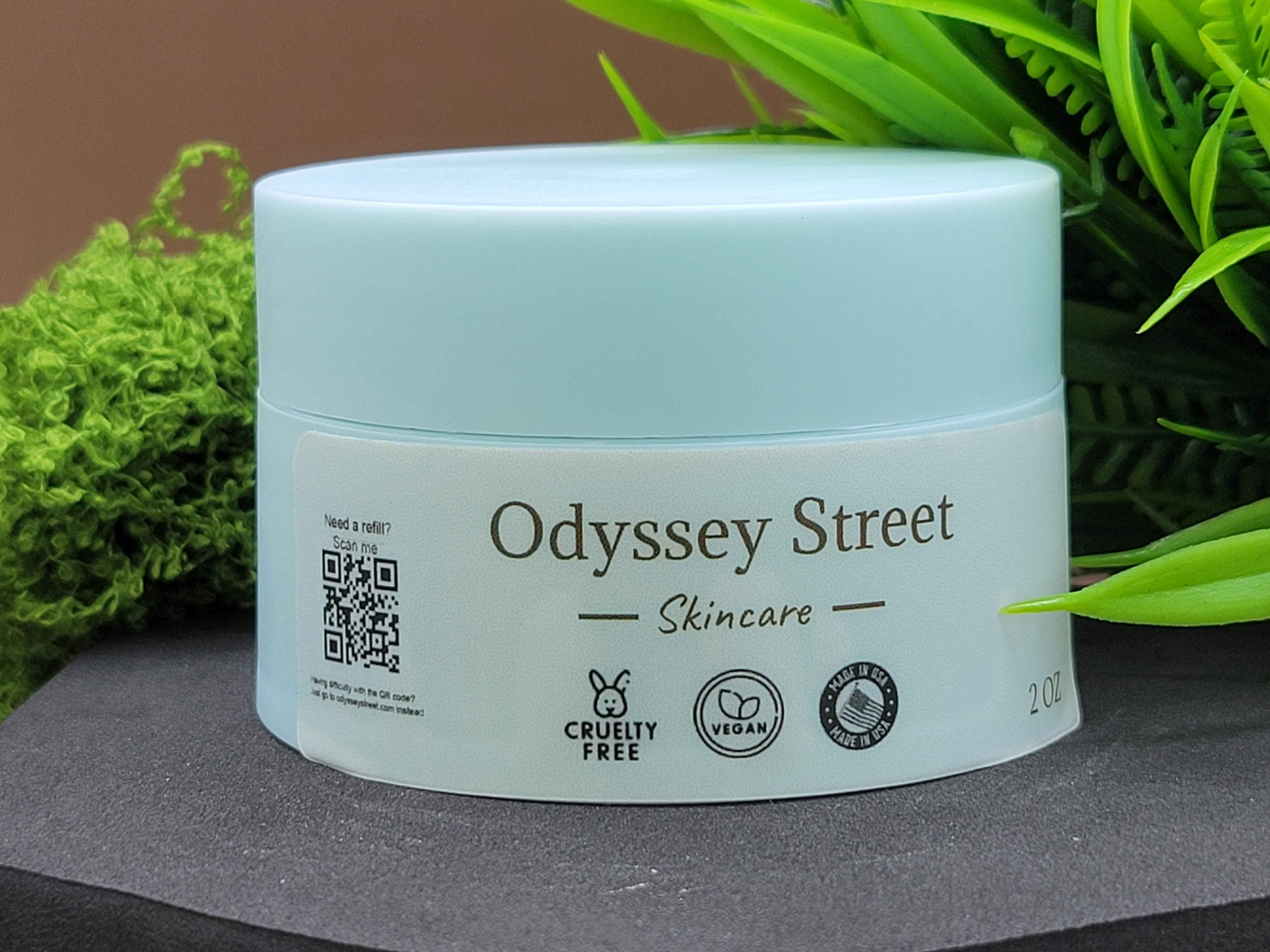
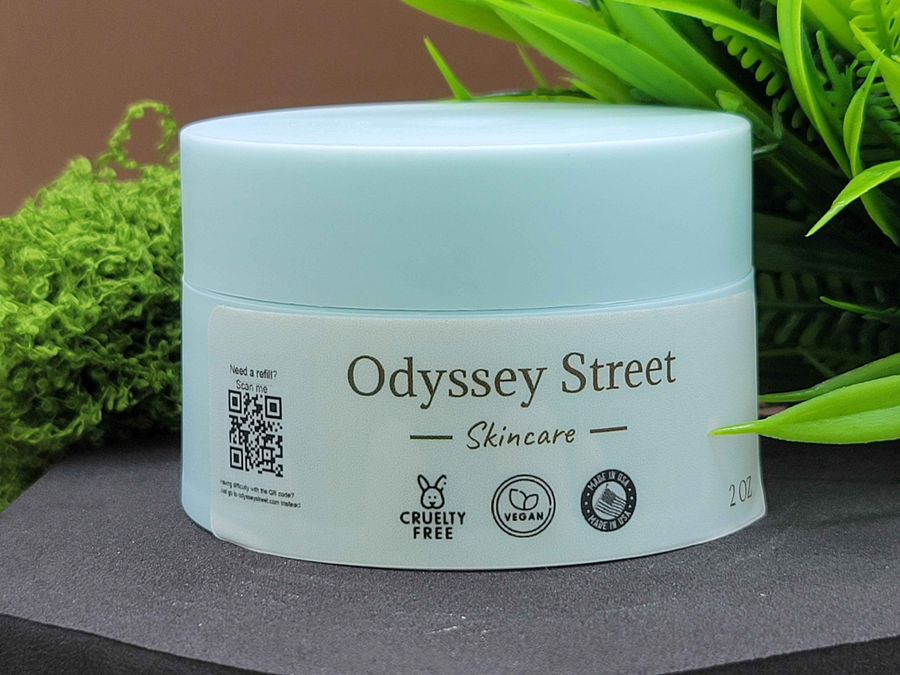
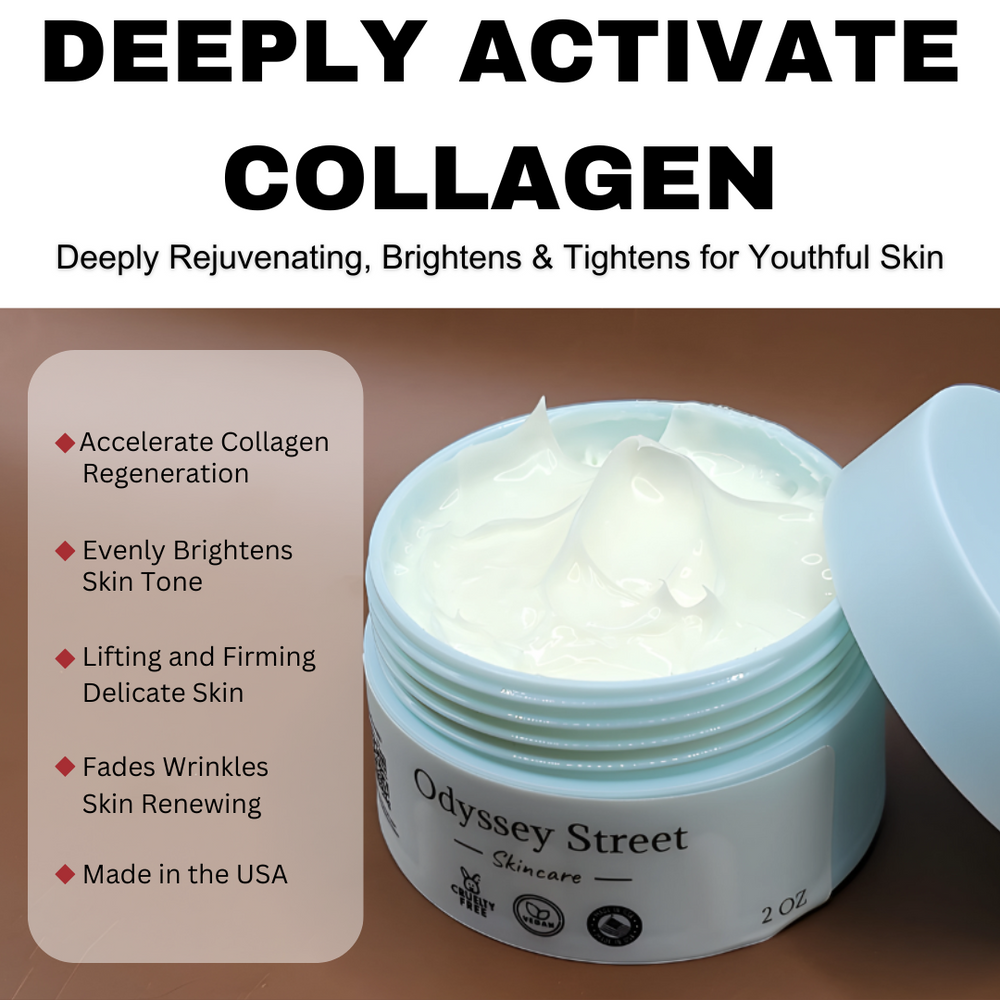


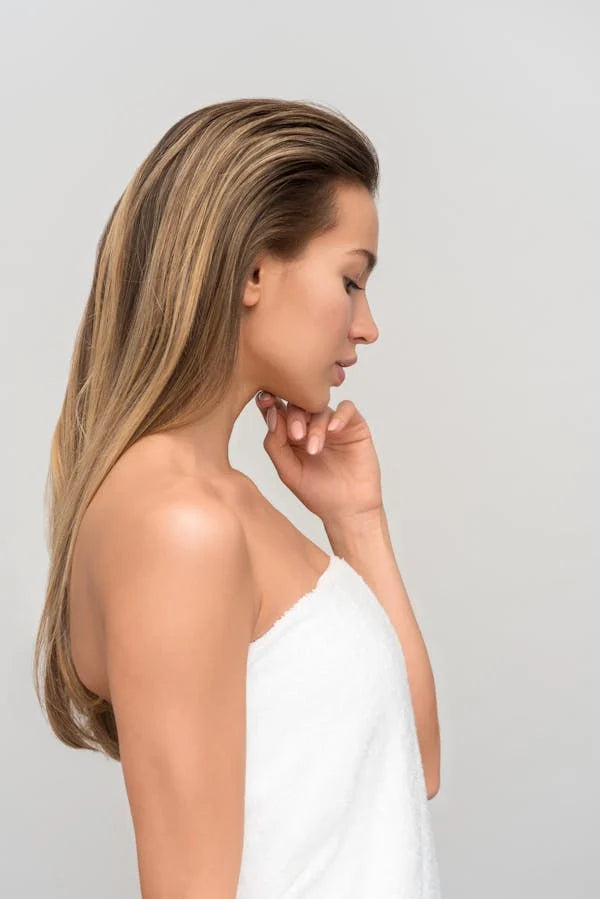
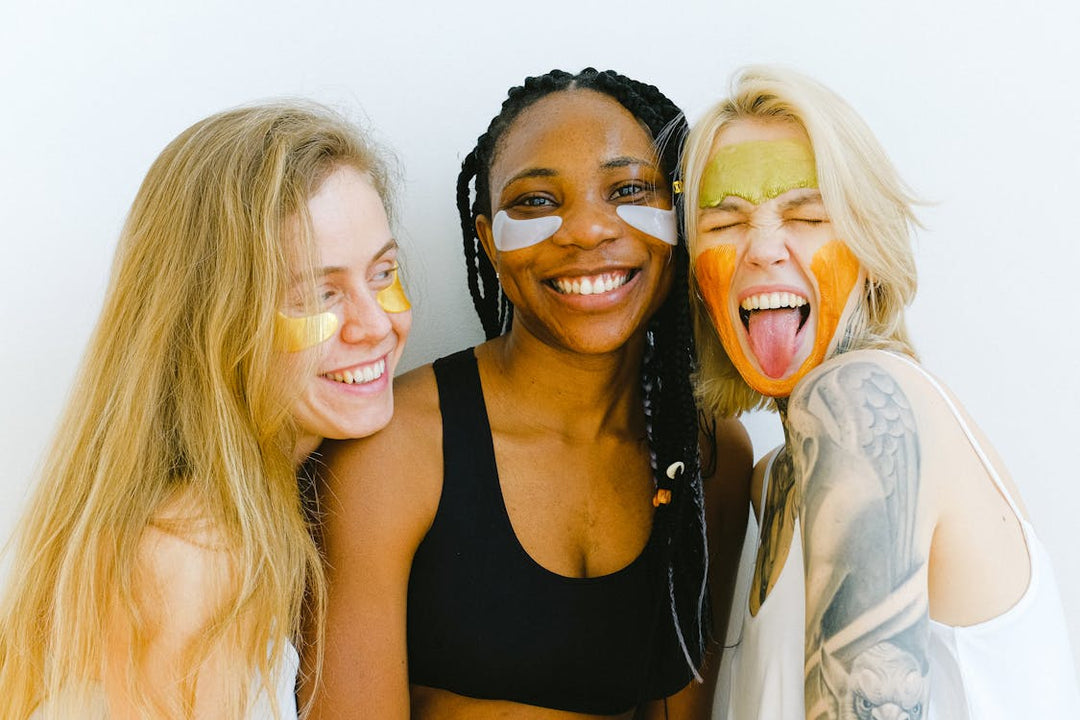
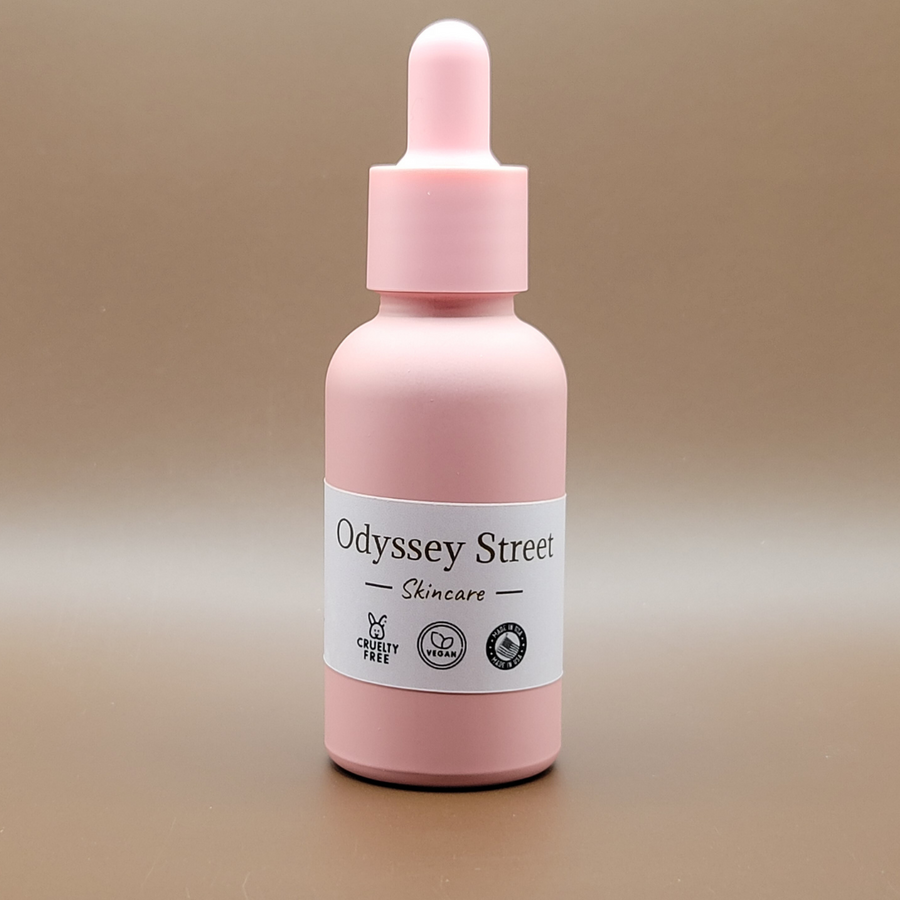
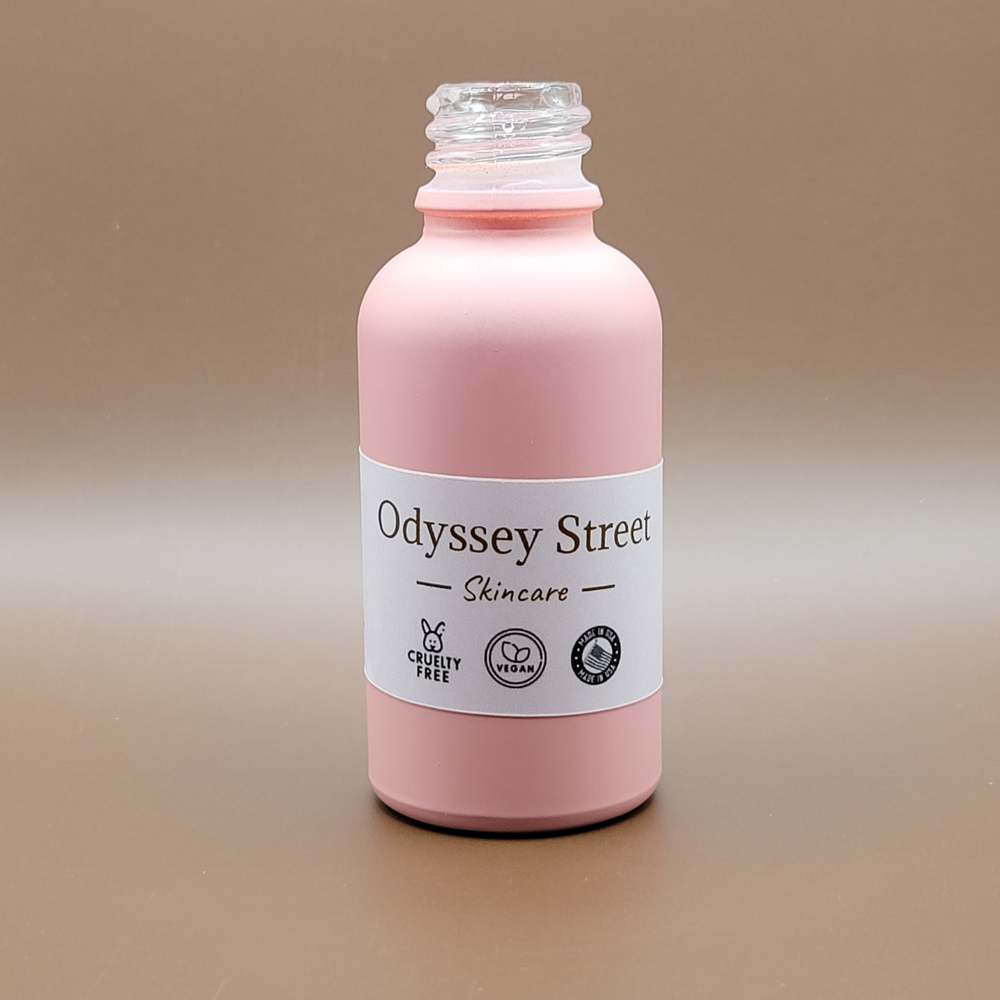
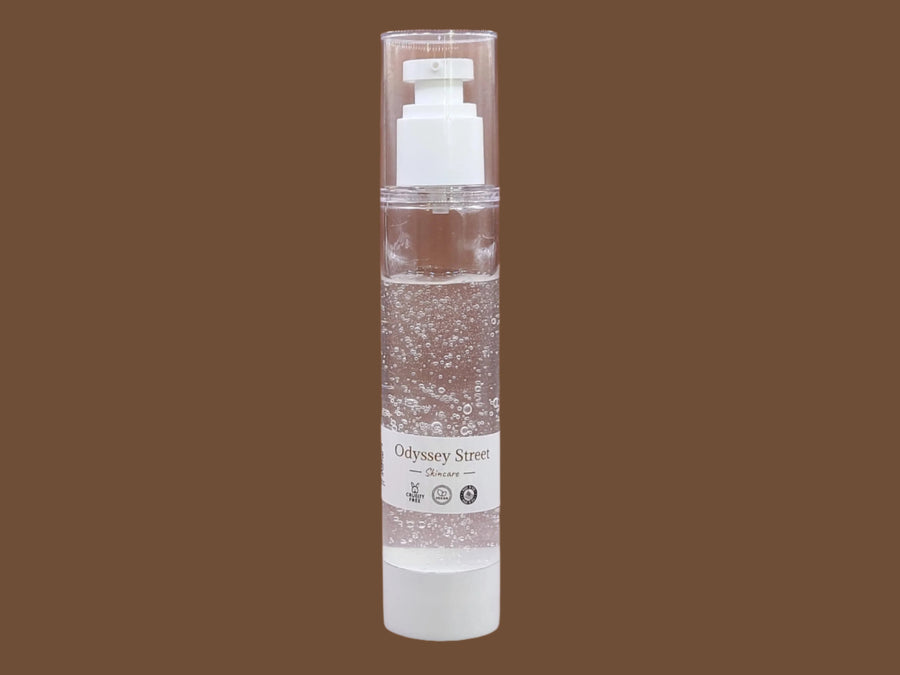
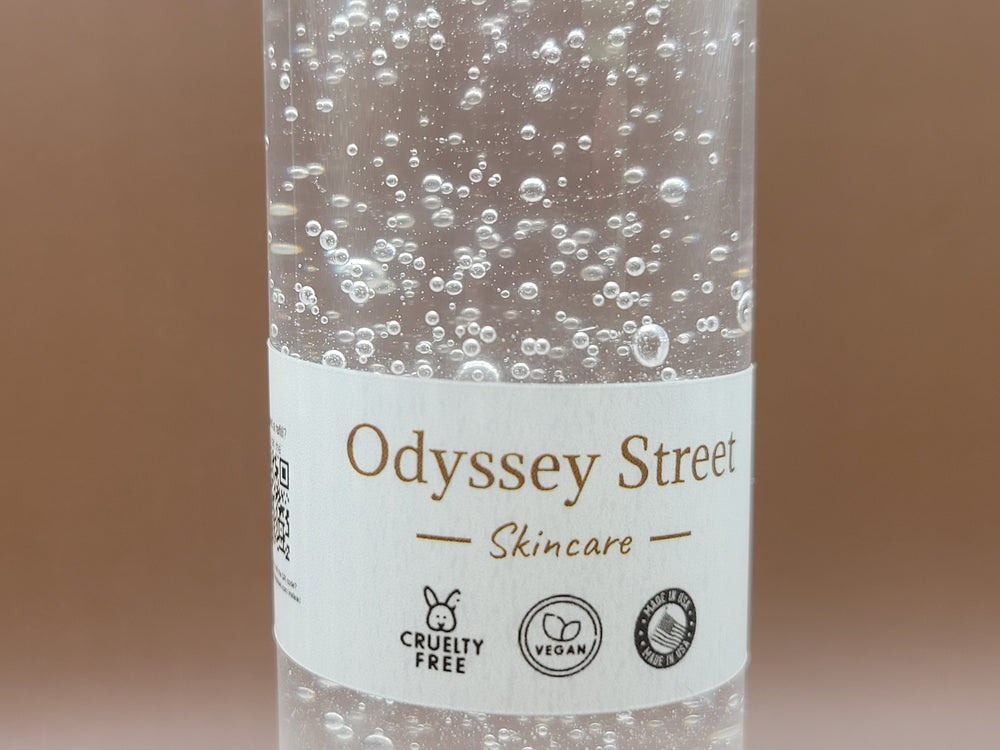
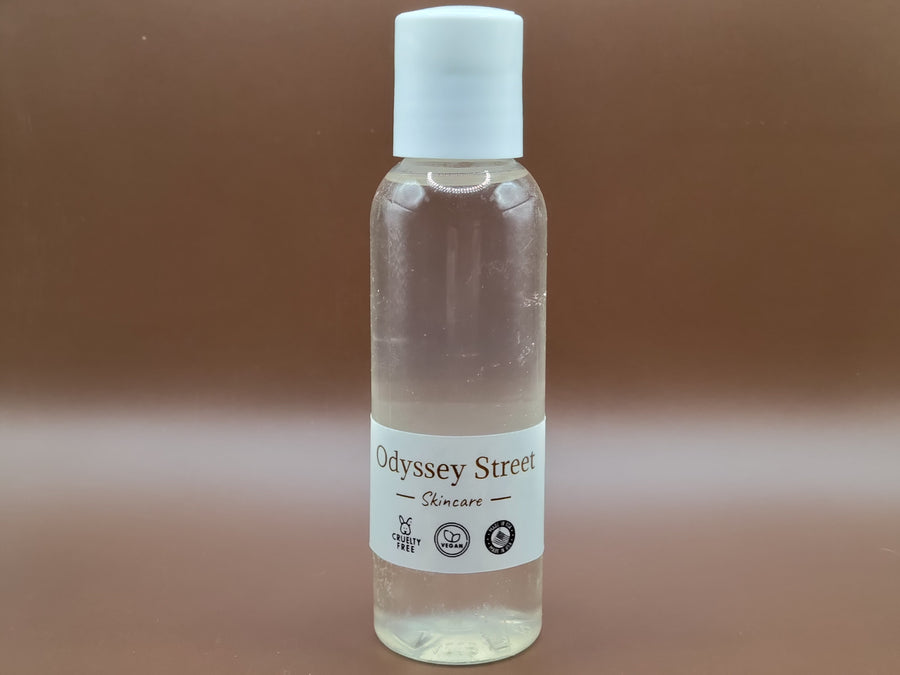
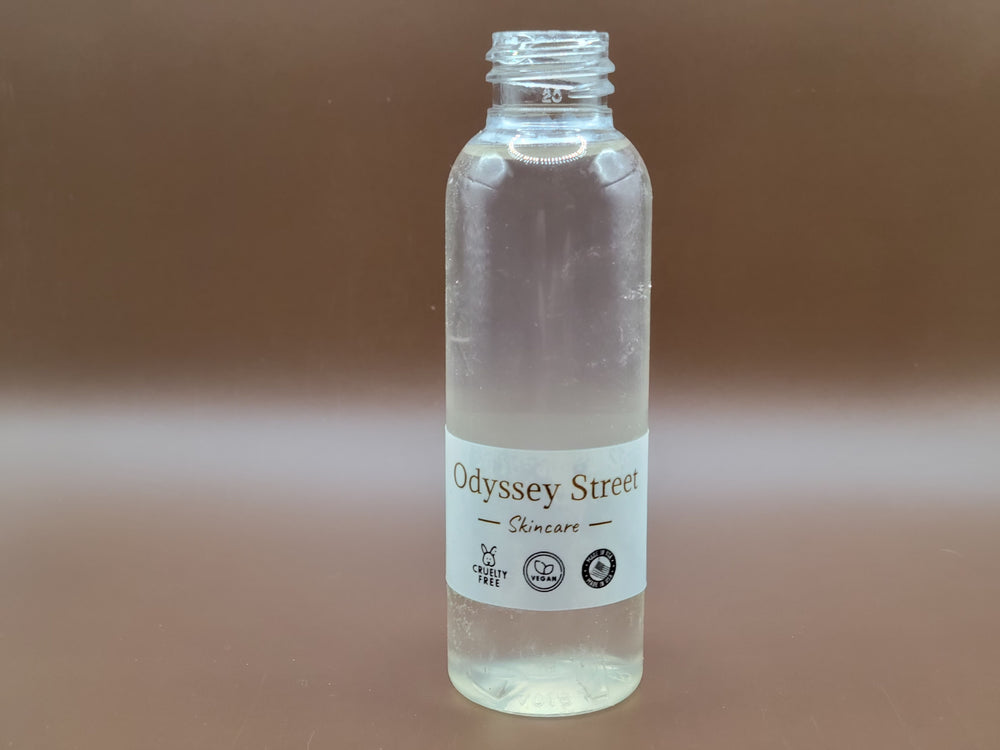
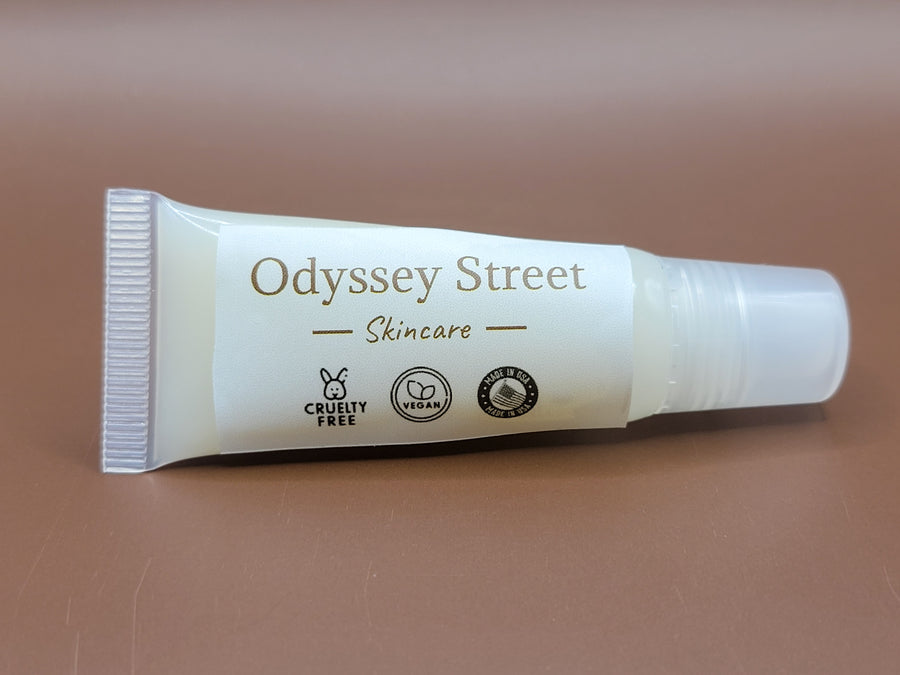
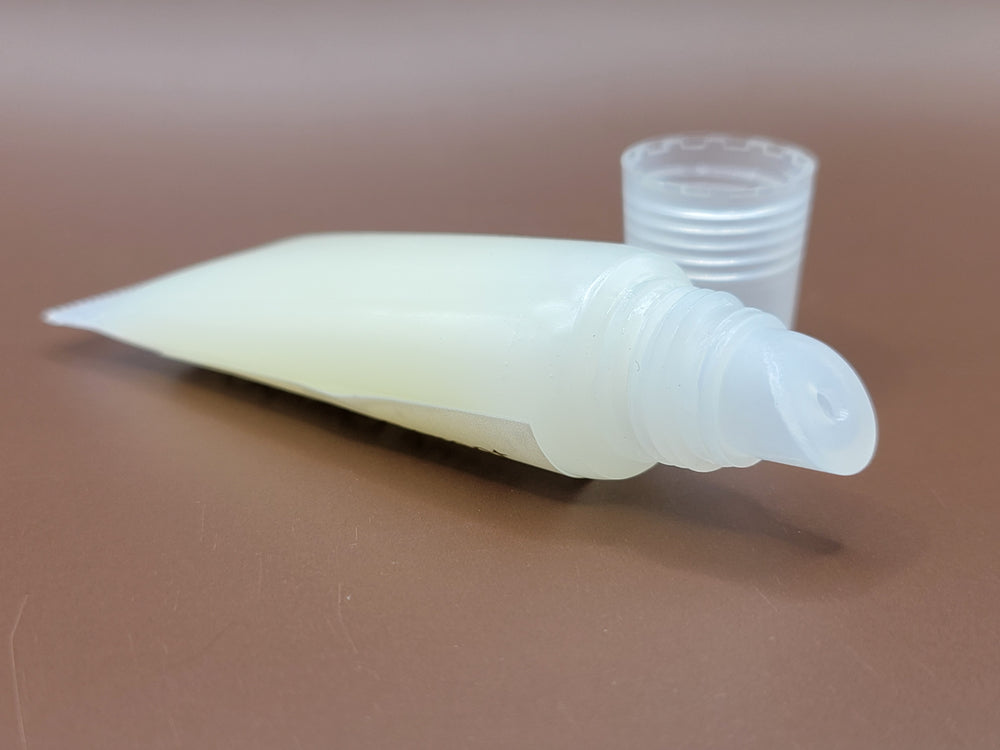
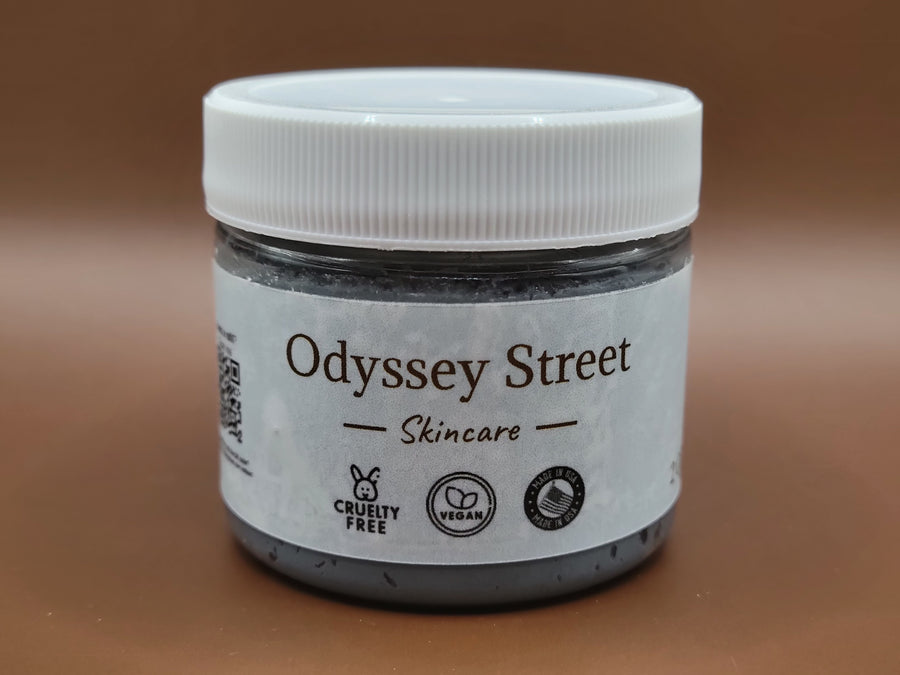
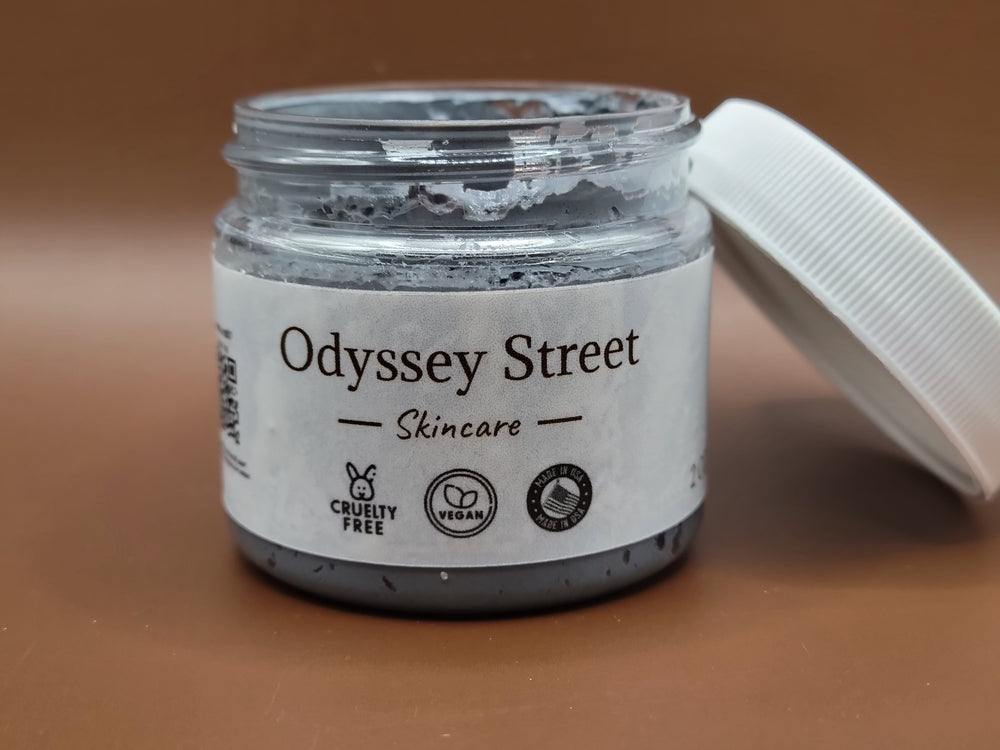
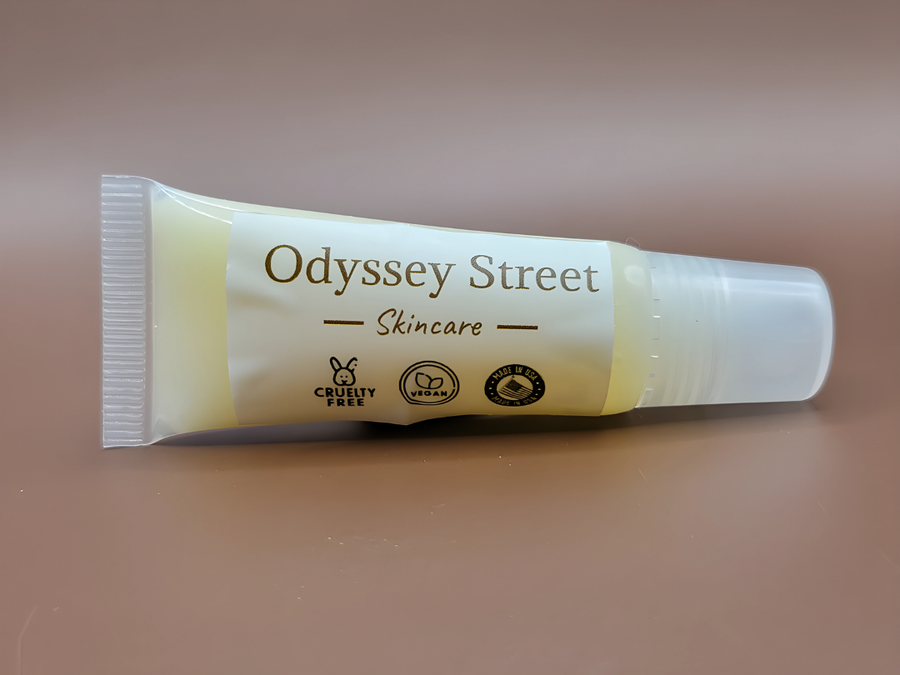
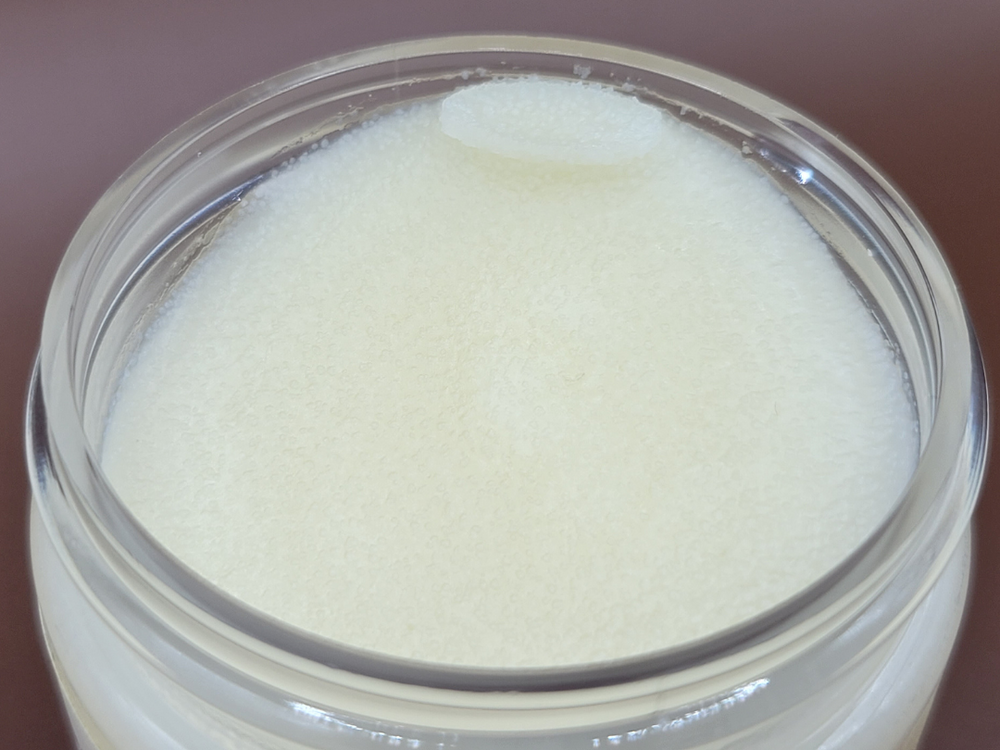
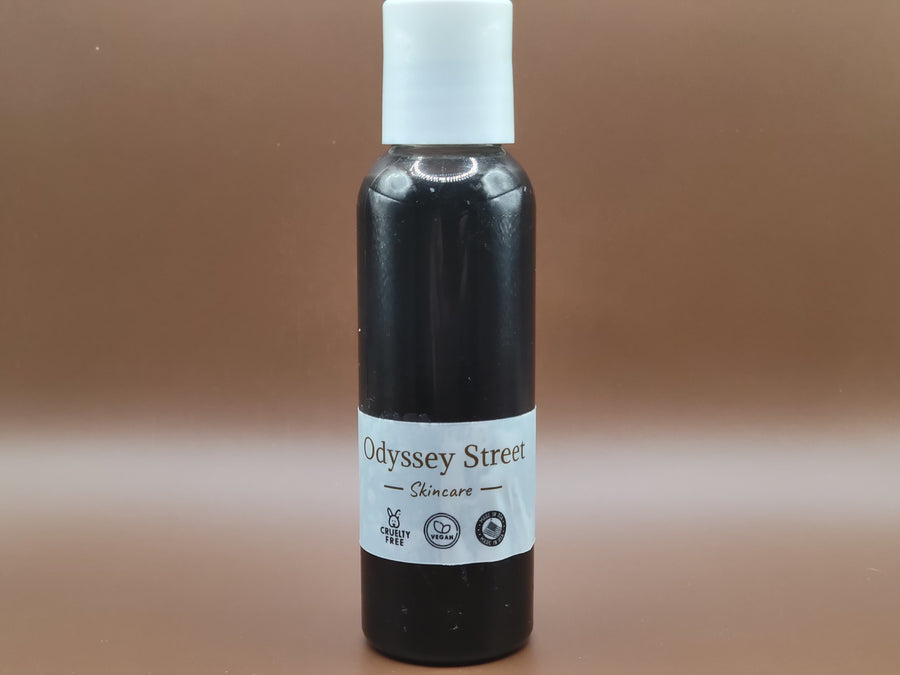
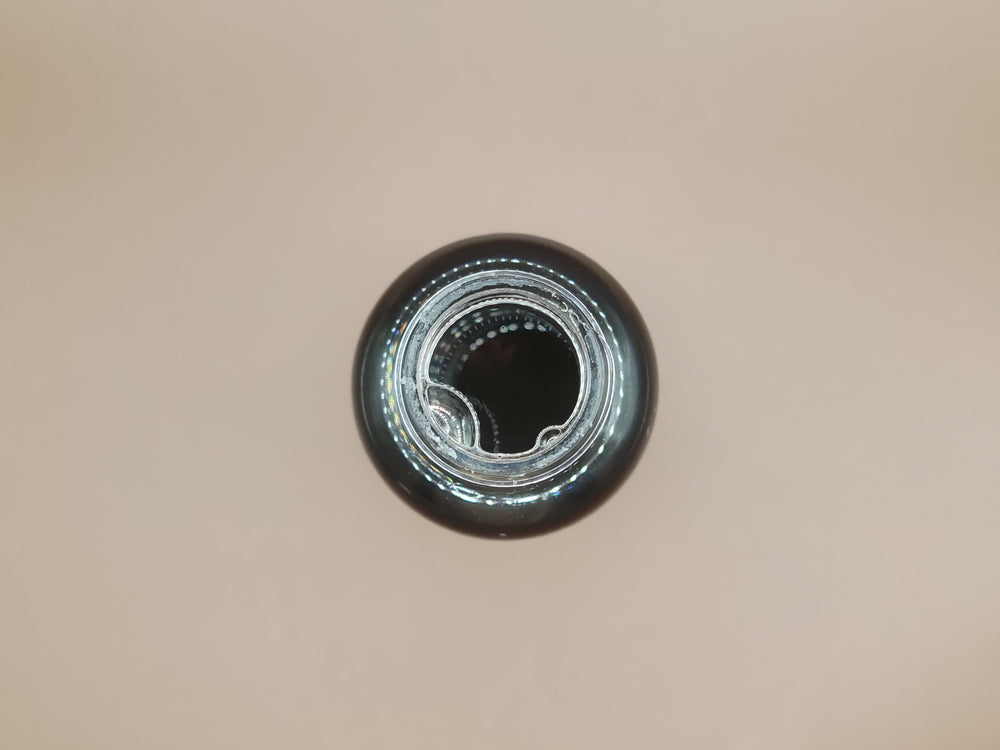
Leave a comment